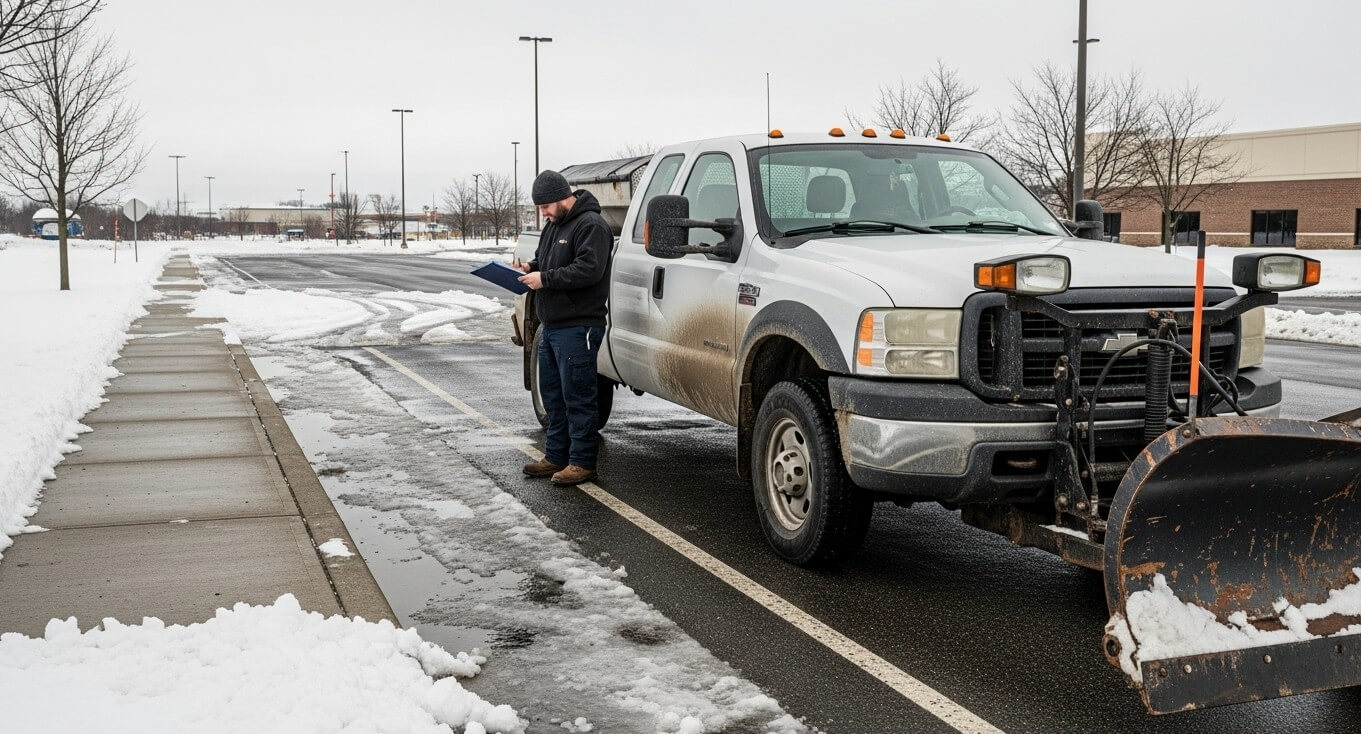
We will explore the complicacy of determining the typical cost of home insurance. As a responsible homeowner, understanding the elements that influence your insurance costs becomes essential. It will provide essential insights into companies about the cost of house insurance. It offers advice to ensure about best coverage without exceeding your budget. This applies whether you're a new homeowner or seeking to renew your home insurance policy.
How much does home insurance average cost?
Several factors are considered while calculating the typical house insurance cost. These factors include the geographical location of your home, its size and age, and the degree of coverage you desire. In the United States, homeowners pay a yearly premium for house insurance ranging from $1,200 to $1,500. This price, however, only offers a rough picture since various factors determine the ultimate cost.
What does home insurance typically cover?
Let's go through the fundamentals of average house insurance cost quickly. Home insurance is a financial barrier that protects your home and belongings against unforeseen hazards such as natural disasters, theft, or accidents. It gives you peace of mind by providing financial help to restore or replace your house and possessions in case of a covered risk.
Factors Influencing Home Insurance Cost
The average home insurance cost is influenced by a variety of factors that assess the risk associated with your property. Some key determinants include:
1. The importance of location
The insurance price is determined by the essential geographical location of your house. Homes in places prone to natural disasters, such as earthquakes or floods, may have higher premiums due to the increased risk.
2. Dwelling Protection
The dwelling coverage, which covers your home's physical structure, directly influences your insurance costs. The more the price, the greater the range.
3. Replacement Price
Your insurance premium is affected by the cost of replacing your house and valuables in the case of a catastrophe. Homes with valuable objects or distinctive architectural characteristics may have a higher replacement cost.
4. Home Safety
Homes with security systems, alarms, and fire-resistant materials are seen to be safer and may qualify for cheaper insurance premiums.
5. History of Claims
A pattern of frequent claims might result in higher rates. Being claim-free over time may result in cheaper insurance prices.
Calculating the Average Home Insurance Cost
Calculating the average home insurance cost involves several steps to determine the approximate premium a homeowner might pay for coverage. Follow these steps to calculate the best home insurance cost:
- Obtain Information: Gather important information about your property, such as its location, size, age, building type, and the worth of your items. This information will assist insurers in determining the risk connected with your property.
- Determine Coverage Requirements: Determine the kind and quantity of coverage you need, such as dwelling coverage, personal property coverage, liability protection, and optional endorsements such as flood or earthquake insurance.
- Obtain rates: Contact several insurance companies and seek rates based on the information you've obtained and your coverage requirements. You may get reliable quotes by using online comparing tools or calling agents directly.
- Calculate Premiums: Compare the quotations you obtained, considering deductibles, coverage limitations, and discounts. Premiums are determined by the degree of risk posed by your property. Therefore homeowners in disaster-prone locations may incur higher expenses.
- Average quotations: Add the sources from various insurers and divide by the number of quotes received to get the average premium cost.
- Consider the following variables: Remember that the typical cost of house insurance may vary greatly depending on criteria such as location, credit score, claims history and deductible selected. Change these factors to see how they affect the overall cost.
- Review and Select: Thoroughly examine the quotations and coverage alternatives, considering cost and advantages. Choose the coverage that best fits your requirements and budget.
- Periodic Review: Review your home insurance requirements at least once a year or if there is a substantial change in your property or circumstances. This will assist in guaranteeing that you get appropriate coverage at an affordable price.
For more details visit Summit Cover.
Conclusion:
Gaining insight into the cost of cooperators home insurance is crucial for making an informed decision about insuring your property. You can safeguard your investment without breaking the bank by studying the factors that determine home insurance prices and shopping for the best coverage. So, take the time to review, evaluate, and make a well-informed decision - your house deserves the finest cooperative home insurance protection available.



